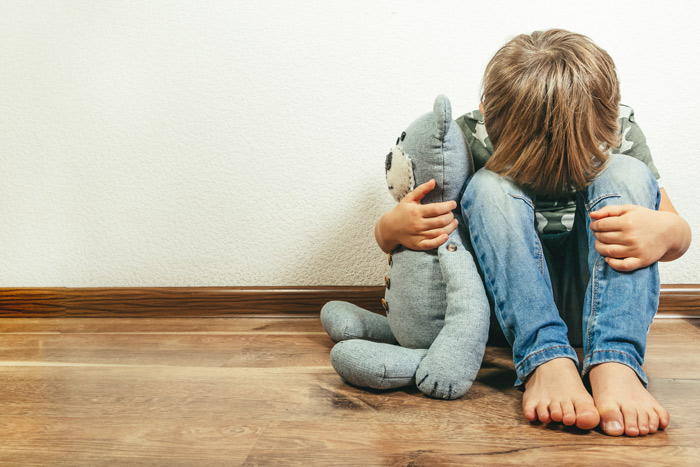An Overview
Similar to the relationship between mental illness and substance abuse, the connection between addiction and trauma is not a direct cause-and-effect relationship. In other words: just because you have experienced trauma does not mean you will develop an addiction, and vice versa.
However, there is a scientifically proven relationship between addiction and trauma. Specifically, those who have experienced trauma during childhood while their brain was still developing have a higher likelihood of turning to substance abuse as a way to cope as an adult. Dr. Daniel Sumrok, a psychiatrist in Tennessee, says that we could even go so far as to call this correlation a “normal response.”
Understanding the Connection
According to Safe Harbor Recovery, the following are the 10 most common types of Adverse Childhood Experiences (ACE):
- Physical abuse
- Sexual abuse
- Emotional abuse
- Physical neglect
- Emotional neglect
- Parental mental illness
- Parental substance dependence
- Incarceration of a parent
- Parental separation or divorce
- Domestic violence
The connection between being raised by parent who abused substances or had an addiction and developing one yourself grows increasingly complex. Having addiction in your family history can also make you more likely to develop a substance use disorder and more likely to experience adverse withdrawal symptoms.
It is important to note another connection between mental illness, addiction, and trauma: no one experiences any of these by choice.
Affirming the Connection
For some of the people who share this story of early childhood trauma followed by the development of an addiction, these correlations are nothing new— it is just the reality that they are forced to reckon with every single day. Nonetheless, it can still be an important step in the recovery process to validate the trauma that you have experienced (and survived!).
This is especially the case when the trauma took place when you were helpless or immobilized in some way (for example: when you were a child, when you were under the influence of a substance, or when you were dealing with someone who had more physical or social power than you).
As Judith Herman puts it in her book Trauma and Recovery: The Aftermath of Violence, “To imagine that one could have done better may be more tolerable than to face the reality of utter helplessness.”
It can be affirming and cathartic to recognize that even though you were helpless at the time:
- That was not because you failed in any way. You do not need to feel guilty.
- You can now reclaim that power.
The Connection: Recovery & Power
Your recovery process will continue to be upended until you can resolve any underlying issues related to childhood trauma. You can best tackle and untangle your traumas when you are in a program that has a holistic treatment philosophy and engages with recovery via a variety of resources: specifically, a program that offers trauma-informed approaches that correspond with cognitive and dialectical behavioral therapy.
The Aviary Recovery Center, near St. Louis, MO, believes that each client is an individual who deserves the chance to heal on all levels: mind, body, and spirit. If you feel ready, please let us help you in your process of self-discovery and your recovery from addiction and its underlying causes.










